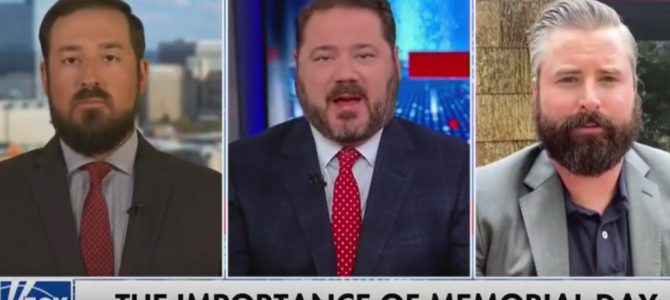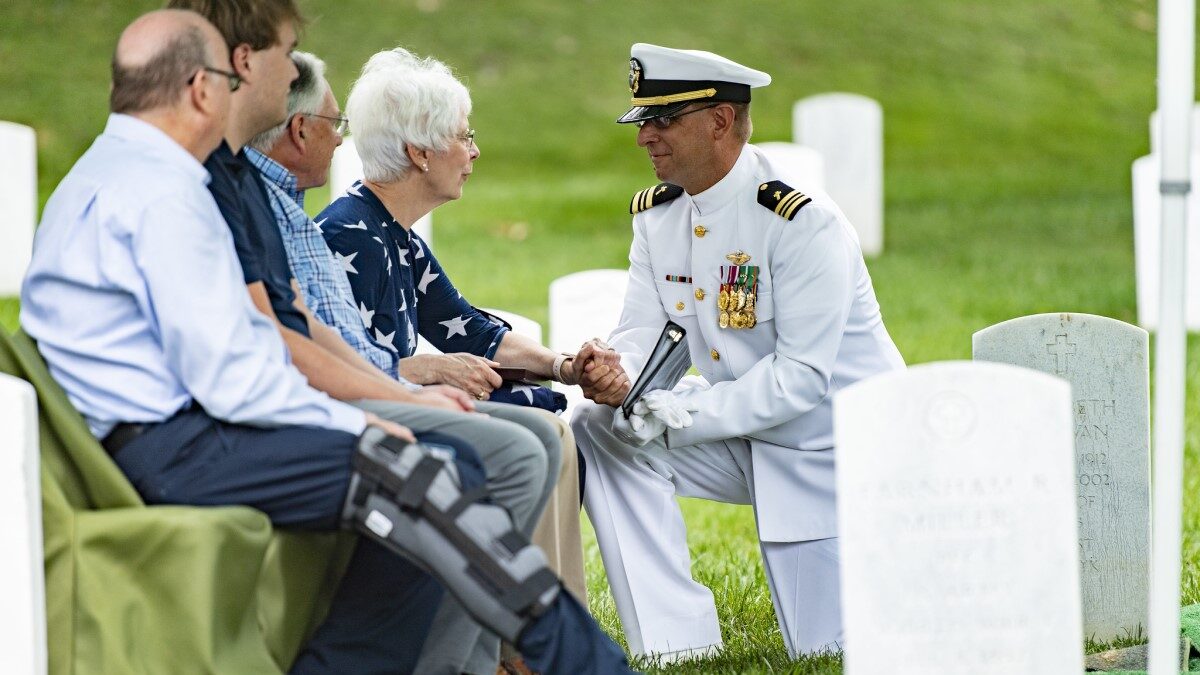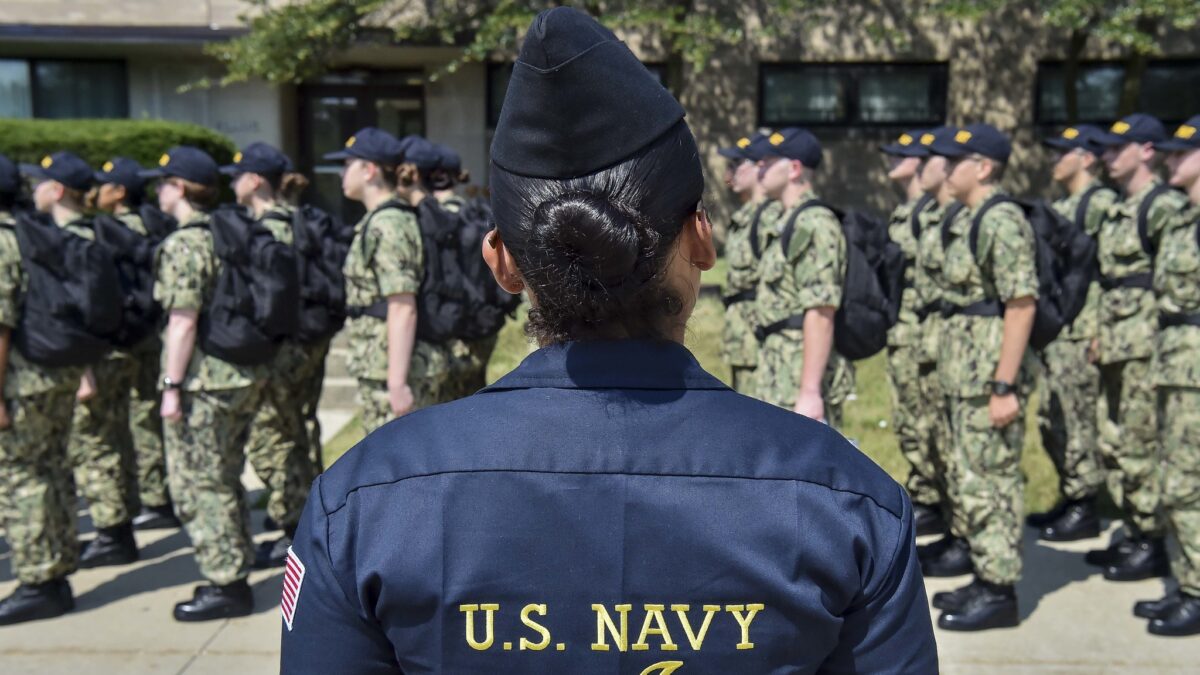Federalist Publisher and Fox News Contributor Ben Domenech featured two Afghanistan War veterans on “Fox News Primetime” Monday to outline ways to pay tribute to those who served.
Ellis Domenech, a major in the Army Reserves with multiple special operations deployments, and Jimmy McCain, a Marine veteran who served in both Iraq and Afghanistan, highlighted simple ways to honor fallen warriors on Memorial Day and celebrate those who made it back on Veterans Day.
“The most important thing for Memorial Day for me,” McCain said, “is I personally take the time to try and reach out to a bunch of friends that may be going through a rough time, because this is a day of remembrance and is a very hard day for a lot of veterans.”
Ellis said he did the same, and added emphasis on reaching out to those who served in Korea, “known as the ‘Forgotten War.'”
“This year I studied a man named Lieutenant Colonel Don Faith, who was a chosen reserver and posthumously awarded the Medal of Honor, so I think it’s important to remember past veterans as well,” Ellis said.
Simple ways for those to appreciate military members without connections, McCain said, “stop by a VA, buy a guy a drink, or say thank you.”
“It’s just making sure that maybe somebody that lost somebody, brothers, sisters, fathers, sons, everyone that they know that they’re remembered,” McCain said. “That simple phone call that someone could make even as a civilian — you don’t have to be someone who served with someone — could be the difference.”
Ellis reiterated McCain’s sentiments.
“Talk to a veteran,” Ellis said, emphasizing such conversations may erase the stigma of old war stories as topics to be avoided.
“There’s kind of an old stigma where grandpa, maybe he served in Vietnam, he never talks about it. Well maybe he would talk about it if you reached out to him. Maybe you ask him questions, maybe he needs to talk about it,” Ellis said. “I think that can provide a good experience both for the person talking about their wartime experience and for younger generations who maybe don’t understand and maybe they will understand after.”









